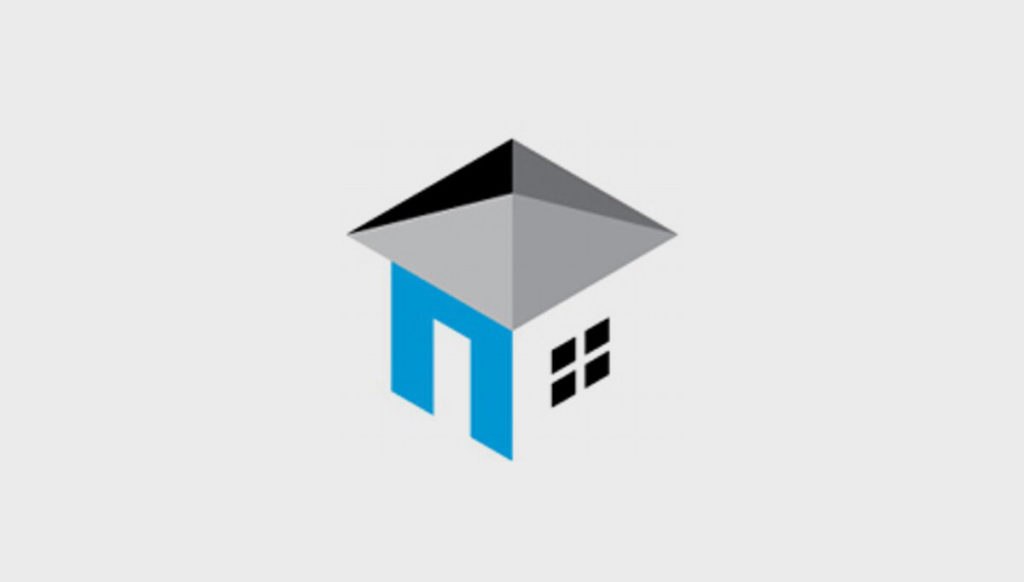As the baby boomer population grows and life expectancy rises, the concept of senior housing has evolved to support a more independent, active lifestyle. Seniors want the ability to live safely, independently, and comfortably. At the same time, the current for-sale model of senior housing is unreachable to all but the top 5 percent of household income. According to the Harvard Joint Center for Housing Studies, housing inequality is rising among America’s older adults, and that “the time for innovation—in [senior] housing—is now. The quality of life and wellbeing of over a quarter of the US population will depend on it.” One of those innovative solutions pioneered by Lloyd Jones Senior Living is the development of middle-market rental housing that allows seniors to age in place effectively and access healthcare services on an as-needed basis. Lloyd Jones Senior Living’s Aviva-branded active adult communities are designed to support successful aging in place, and the rapid advancement in technology, especially in healthcare technology, is a key component to this success.
The implementation of advanced technology starts with the built environment. “Comprehensive Wi-Fi and connectivity services are integrated into all our communities,” said Tod Petty, Executive Vice President of Lloyd Jones Senior Living. “We believe investment in senior technology will continue to grow, and we’ve built in flexible systems to be able to adapt to future discoveries and resident needs.”
Wearables and fall prevention
Falls are one of the most common causes of injury in older adults. And with brittle bones and the risk of broken hips ever present, a serious fall can have serious – sometimes fatal – consequences. According to Science Daily, each year, more than one in three people over 65 will experience a fall, and there’s growing evidence that wearables can help predict an individual’s risk of falling in order to put in place preventive measures. “We’re particularly excited about wearable technology that tracks subtle changes in an individual resident’s activities of daily living patterns (ADLs) that could lead to significant health issues,” said Petty. “This wearable solution monitors ADLs to learn each resident’s unique daily patterns and provides AI-driven, actionable insights that indicate fall risk, as well as interrupted sleep patterns, urinary tract infections, and the onset of depression.” These multi-function wearables also provide real-time location services (RTLS) that enables staff to know where the resident is at all times and respond quickly in an emergency.
Strength training solutions for active wellness
There’s an overwhelming body of scientific evidence that indicates physical activity is one of the greatest opportunities to extend years of active and independent life. The National Institute on Aging recommends that older adults should be active every day to maintain their health. According to the researchers at the Penn State College of Medicine, older adults who strength trained at least twice a week had 46% lower odds of death during the study’s 15-year period than those who did not. “At our Aviva active adult communities, we’ll be using fitness equipment designed for seniors that provides safe, targeted training for a range of ability and stamina levels,” said Petty. “The equipment uses smart technology to remember each resident’s progress and create personalized strength training programs that automatically increase resistance when milestones are reached.”
Community engagement
Technology can also help create a sense of “friends and family” connectivity. Each Aviva-branded active adult community has its own locally inserted channel that shows important information such as menus, event schedules, recent activity photos, and more as part of its private digital network. And, the daily schedule connects with Amazon Alexa to make community information readily available by voice to residents. “When tech seamlessly blends with design and human needs, that creates an inspired environment, one that is safer and more stimulating for adults to age in place.”

